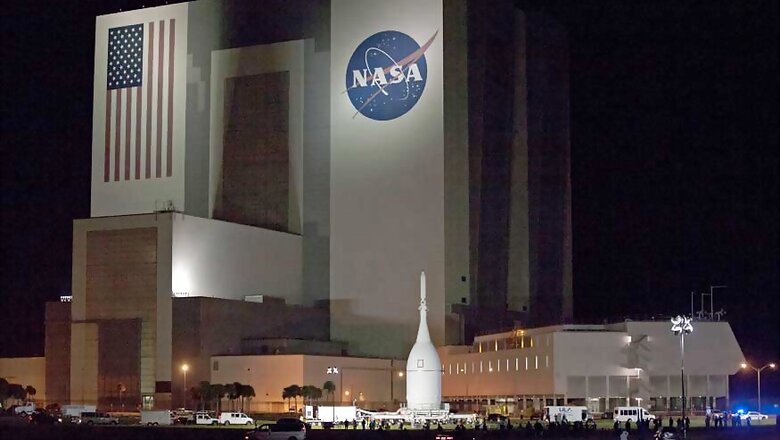
views
A team of 22 persons including a university professor is set for a deep sea expedition by NASA to test simulated spacewalks, time delays in space communication and the effect of ketogenic (high-fat, low-carb) diet on astronauts who will be part of future space missions, including to Mars.
The crew from NASA’s Extreme Environment Mission Operations (NEEMO) will splash down to the bottom of the Atlantic Ocean on June 18 where they will spend 10 days in the Florida Keys National Marine Sanctuary located 10 km off the coast of Key Largo. Living and working at the bottom of the ocean mimics the microgravity (or harsh) environment astronauts experience in space.
For the experiment about ketogenic diet, NASA has chosen Dominic D’Agostino, Associate Professor from the University of South Florida (USF) for his research conducted at the USF Hyperbaric Biomedical Research Laboratory (HBRL) on how extreme environments impact the human body, the university said in a statement. D’Agostino is the only member not affiliated with NASA or European Space Agency (ESA). He will be put on a ketogenic diet — a high-fat, adequate-protein, low-carbohydrate diet — to understand the impact of extreme environments on the human body.
The diet forces the body to burn fats rather than carbohydrates. Hence, D’Agostino will be in a constant state of nutritional ketosis — a metabolic state in which your body burns fat rather than glucose as its primary fuel — which is proven to preserve the genome, thus protecting DNA.
This is beneficial to NASA as it can countermeasure neurological risks that come with space travel such as space radiation, lack of oxygen and stress related to small spaces. “No other crew members will be in this metabolic state, creating a baseline for how environmental factors impact the human body in such extreme conditions,” the university said. Data will also be collected from the other crew members on gut microbiome, body composition, cognitive tasks, vision assessment, sleep quality and a variety of other physiological parameters.














Comments
0 comment